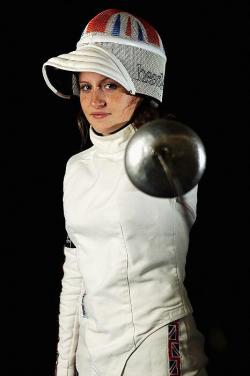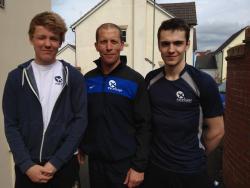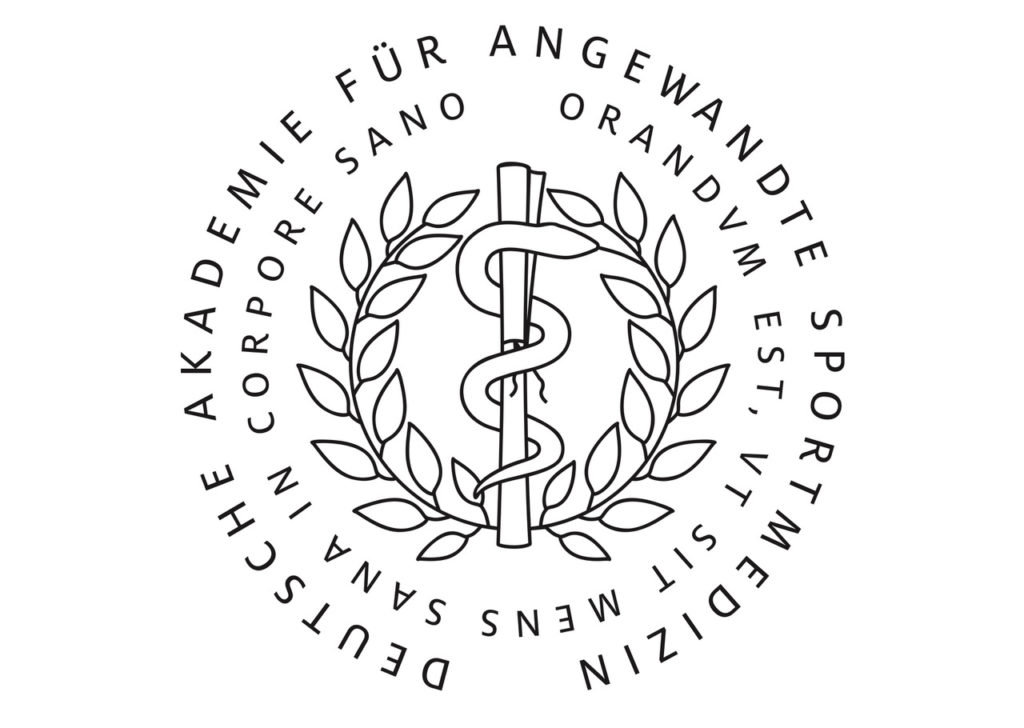Main Menu
Latest Blog Entry
User login
How a good coach can help you become a winner
Why hiring an expert coach will save you time and money
Young athletes (and their parents) are overwhelmed with information from varying sources that is often conflicting. It is my job to help them navigate the maelstrom.
Originally designed as a concept to deal with organising and displaying online information and layouts, information architecture could as easily be applied to coaching.
“I mean architect as in the creating of systemic, structural, and orderly principles to make something work — the thoughtful making of either artifact, or idea, or policy that informs because it is clear”
Richard Saul Wurman
Too much information, too little time
 Athletes I work with come home from a Regional or National camp with a sheet of paper and a directive to “do these exercises or else”. They then ask me what a “SLDRDL” or a “One legged Monkey Puzzle” is.
Athletes I work with come home from a Regional or National camp with a sheet of paper and a directive to “do these exercises or else”. They then ask me what a “SLDRDL” or a “One legged Monkey Puzzle” is.
They go to a p.e. class the next day where they are made to hold a plank position for endless minutes to “strengthen their core”, but not told why or how to improve and if there is any transference to sport.
Finally, they visit their club where the coach drills them through ladders, hurdles and doggies to finish off their last remaining reserves of energy and enthusiasm.
The poor parent in the meantime is standing on the sidelines forking out cash and time for kit, petrol and accommodation. Wondering if they are “doing enough” for their child.
Things can, and need to be, better than this.
The real problem, (as Atul Gawande says in the current Reith Lectures) is how to use our existing knowledge effectively and consistently, rather than needing to know more.
Coach as Information Architect
The job of a good coach is to make sense of all this information, filter out what is noise, but still stay abreast of latest research and developments.
 That is different from telling all athletes to eat pilchard eggs because one study of 3 Eskimos found that they were able to run faster after eating pilchard eggs for 2 weeks.
That is different from telling all athletes to eat pilchard eggs because one study of 3 Eskimos found that they were able to run faster after eating pilchard eggs for 2 weeks.
The coach then needs to present this information in an orderly and systemic fashion, rather than all at once.
This does include selective delivery of information, feeding it to the parents and athletes at regular intervals. This allows positive behaviours to develop.
3 steps to becoming a winner
 Find out what is happening in all aspects of the athlete’s life and write it down. I get the athlete to fill out a 4 week planner that shows all sporting and p.e commitments.
Find out what is happening in all aspects of the athlete’s life and write it down. I get the athlete to fill out a 4 week planner that shows all sporting and p.e commitments.- Write down what current exercises are being done and when. Clarify the exact nature of these exercises and make sure the meaning is understood. Any exercise that is written down but has never been coached is binned. Look for duplication of work: hockey might be doing doggies, rugby might be doing 3km runs. Avoid doing both.
- Look for gaps between current ability and what is required. Put in exercises accordingly. You might be doing lots of running, but zero postural work. You might be able to hold the plank for 5 minutes (why?) but are unable to stand on one leg with free hip held high: essential for running well.
The complete picture is often forgotten due to the confusion of information and dealing with the logistics of getting the young athlete to the venues, school and training!
Hiring an Expert Coach

Life is too short to do everything yourself. Trying to do it all on your own can cause unnecessary stress. If you want to be the best that you can be, then you will need some help along the way.
The Excelsior Athletic Development Club was started to help parents, coaches and athletes work together. By informing parents and sports coaches of best practice, we are working together, rather than against each other.
- It requires coaches of different sports to stop trying to force early specialisation (a difficult task) and to think of next year, rather than next Saturday.
- It requires parents to take an active role in planning and ask questions of the p.e. teachers and coaches.
- It requires athletes to think about why they are doing things, and to learn how to organise their time.
It requires us at Excelsior to continually strive to make sense of this information and develop ways of improving our ability to coach.
Sign up to our newsletter today to get 2 free ebooks on coaching young athletes.
Client Testimonials
 German Academy of Applied Sports Medicine (DAASM)
German Academy of Applied Sports Medicine (DAASM)
James Marshall is a master of his field. He knows how to turn a big audience hall into a small seminar setting, where he picks everyone up. One of the finest invited speakers DAASM has ever had the privilege to announce. Dr. Dr. Homayun Gharavi Founder & President of DAASM
More

